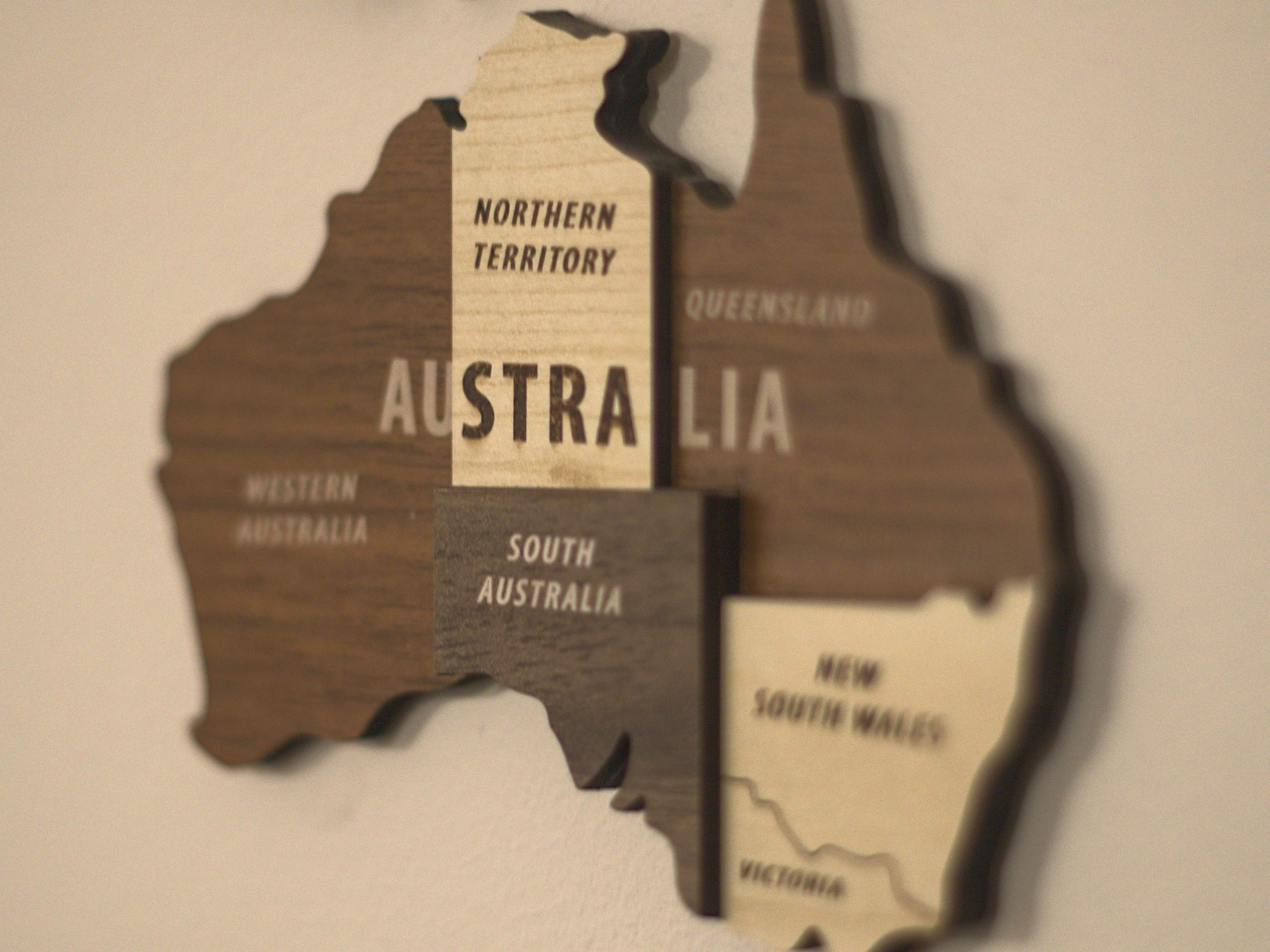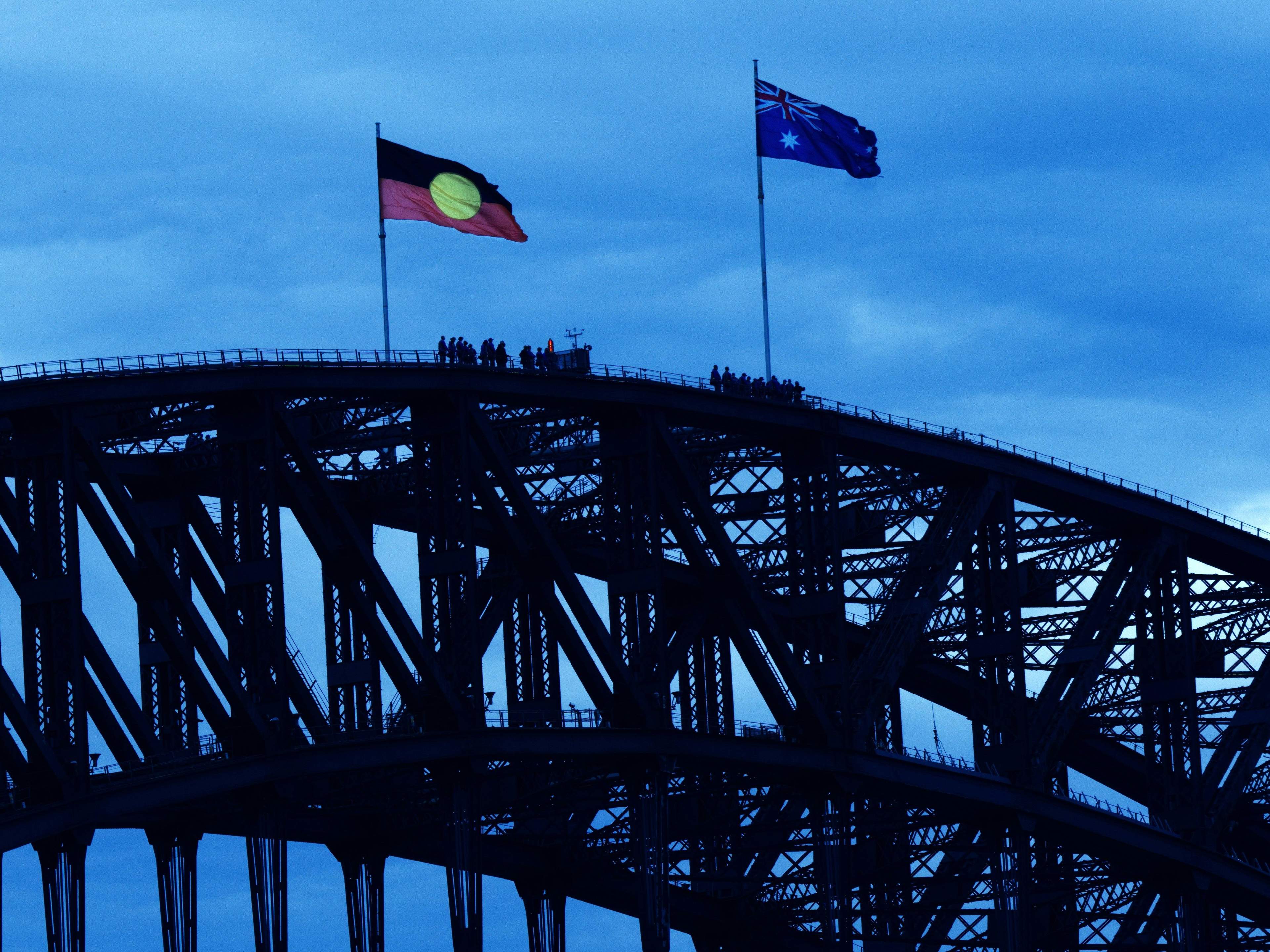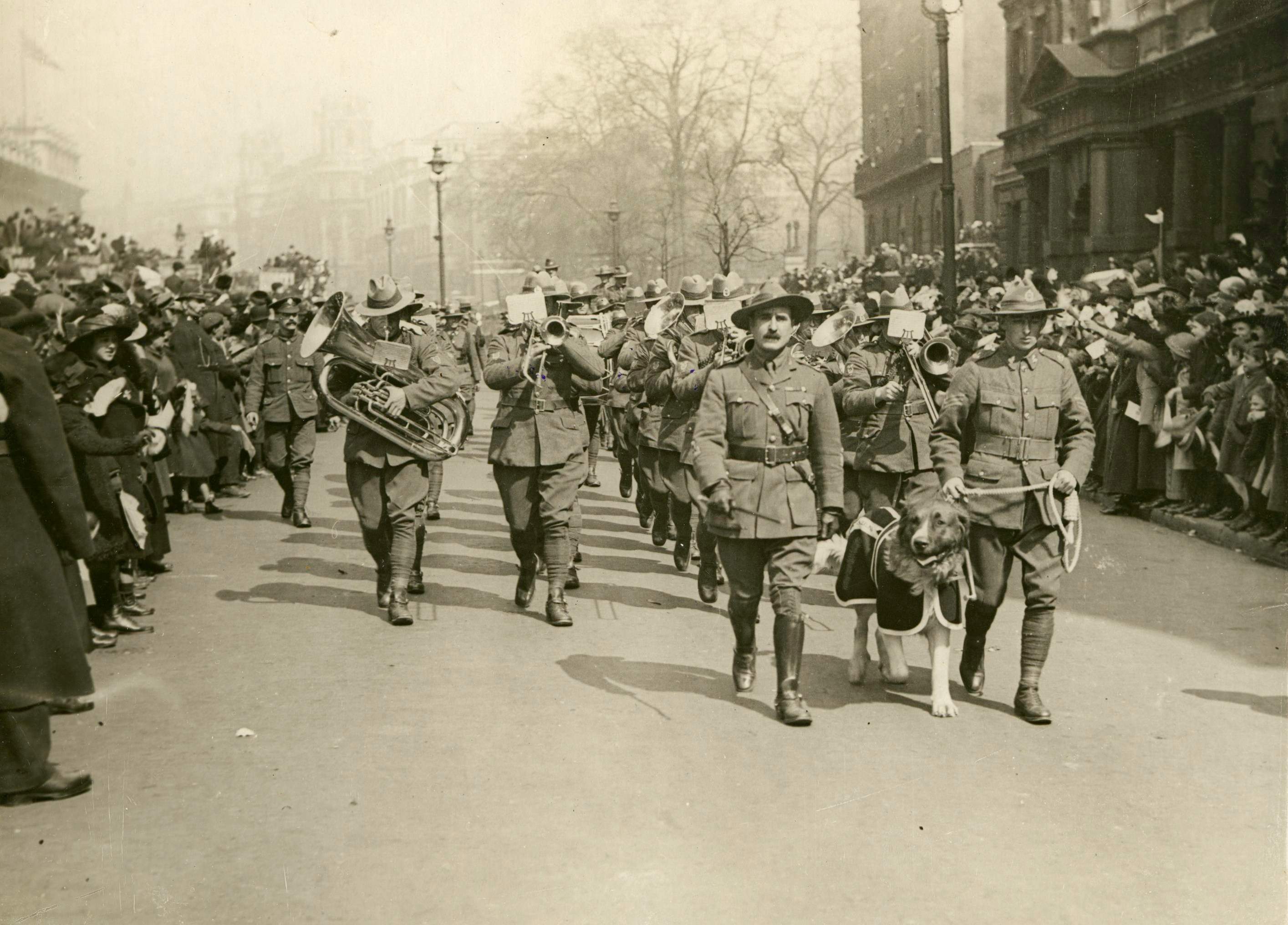Unity Through Diversity: Multiculturalism’s Influence on My Australian Identity
Relationships.
People are driven by relationships.
Friendships, family and other interpersonal connections help shape identity, with the cultural contextualisation of our ingroups being paramount in influencing which behaviours we draw from social interactions. Though difficult to define due to its pluralistic nature, culture is generally accepted as an approach to interrelationships which is guided by our group beliefs, values, activities, rules, customs and institutions.
Growing up in Australia I, admittedly, initially struggled to identify with one specific culture using this definition. I lived in a regional town with few customs, no clear-cut values beyond those of simple etiquette and, being non-religious, limited social institutions. However, what I did experience was life in a community of families from varying cultural backgrounds. Through communicating and having relationships with such families, I was consequently able to develop values built on the egalitarian mindset.
And so ... an Australian identity was born.
Welcome, dear readers, to unity through diverity. One is a brick wall, standing strong against the elements. The other is mortar holding it together.
Without each other everything comes crumbling down and it is fear of self-assured destruction that has made multiculturalism the cornerstone of what it means to be "Aussie."
I want to explore this idea together, unpacking everything from generalisation and stereotypes to the role historical prejudices play in forming our Australian values. So, sit tight because this promises to be a good one!
Generalisation and The Removal of Stereotypes as Part of a Community
In the world of cross-culture communication, a key concept is this idea of “generalisation as a consequence of first impression,” which informs our beliefs and worldviews about different cultural groups.
Growing up, I lived on a diverse street where we would often invite neighbours of various ethnicities over for “barbeques.” This occurence was not unique to my block however. Around the nation, social gatherings for such barbeques have become a long standing tradition engrained within Australian culture. It is here, amidst the snags and salads, that we have our opportunity to to form impressions of those within our communities.
Being a multicultural society, unlike many other nations, it has thus become common for Australians to build positive beliefs about those from different cultures through communicating within such social settings, leading to egalitarian views.
Regarding my identity, growing up at these gatherings I would often play with fellow children from different cultures, engaging in the same activities such as backyard cricket, swimming or other games. From this, I believe I was enabled to form the early impression of individuals from different backgrounds as often holding similar interests to my own.
My worldview was directed towards an egalitarian mindset, in-line with that held by most Australians, as I was raised looking beyond traditional stereotypes.
Disregarding "Ingroups" in 21st Century Australia
“Ingroups” are characterised by bonds of affiliation, where members share cohesiveness, kinship and loyalty over commonalities.
Within Australian culture, multicultural dynamics allow for a larger perceived ingroup amongst communities, enabling egalitarian views to be an integral part of our national identity.
Such dynamics have shaped “the equal acceptance of everyone” as one of my most important ideological beliefs.
History and Its Influence on Cultural Identity
I don't think anyone can safely say their culture isn't in some part shaped by the whims of history's decisionmakers.
Cultural identity IS influenced by its historical developments, which in many ways shape what we have come to recognise as "social norms." These are those rules and regulations which, though unspoken, everyone seems to be aligned on as though linked by some deep-seated hereditary knowledge.
In Australia our history is ... a little dicey.
We have a past shrouded in dubity due to mistreatment of the Indigenous population during Australia's early years of settlement. However, while the crimes enacted upon this populace are inexcusable, the integration of foreign and local cultures did overtime bring about this Australian idea of the "fair go."
The "fair go" concept is one that advocates for egalitarianism through fairness, a social belief rooted in the combined behaviour of Indigenous and British cultural beliefs.
By the 18th Century, indigenous communities had made an art of living from the land, sharing resources and only using "what they had to" amongst their communities. Likewise, British settlers operated on an assumption that rations and resources should ne communily distributed to harbour their survival.
Over time, these two trains of though converged on what track, bringing about the "fair go" ideology. Today, this concept drives many of Australia's ethnic rights movements, bringing about policy amendments to celebrate the cross-cultural commonalities Australians share and making multicultural acceptance core to our identity.
But how does this relate to me?
Growing up, I was raised valuing “fair go” ideas, with my parents expressing the importance of being fair towards everyone, regardless of their differences. From this, I have learnt over the years to communicate with everyone respectfully, thereby allowing myself and others a fair opportunity to build connections. Hence, this “fair go” ideology, engrained with Australia’s social norms through its history, has also become a highly important aspect of my identity.
A Discussion on Australian Values
"A value is only as strong as the perseverance of a vehicle that guides it into being."
Australians have long touted love for comradery and support in friendships, with symbolic notions such as the “ANZAC Spirit” becoming a quintessential Australian value.
Being raised in a multicultural society, this became apparent through my friendships with individuals from varying sub-cultures.
Notably, by communicating with ethnically diverse groups I learnt that individuals across sub-cultures often hold similar friendship values, looking for relationships built on support and comradery when living in Australia.
Personally, I attribute this to Australia’s culture, with new and traditionally “Australian” families seeking to embrace the nation’s positive values, such as those found within its perception of friendship. By adopting such values, I think Australian’s egalitarian views are enhanced, with individuals seeking to treat others with equal respect as their friends.
I highly value the Australian view of friendship and how it has allowed me to enhance my egalitarian mindset by better communicating with ethnically diverse groups. Comradery and support are hence important values within my identity.
A Final Thought on Australian Identity and Its Multicultural Roots
Culture is a multifaceted and complex topic which significantly influences our interpersonal behaviours.
In Australia I have been raised in a multicultural society propelled by structures built on fairness, egalitarianism and appreciation for the universal cross-cultural values of diverse groups. Being raised in this environment, my identity and understanding of culture has become shaped by notions of acceptance.
Australia is my home. Its values inform my own and as such, have developed my sense of self whilst also helping me understand the fundamental aspects of culture for others.



